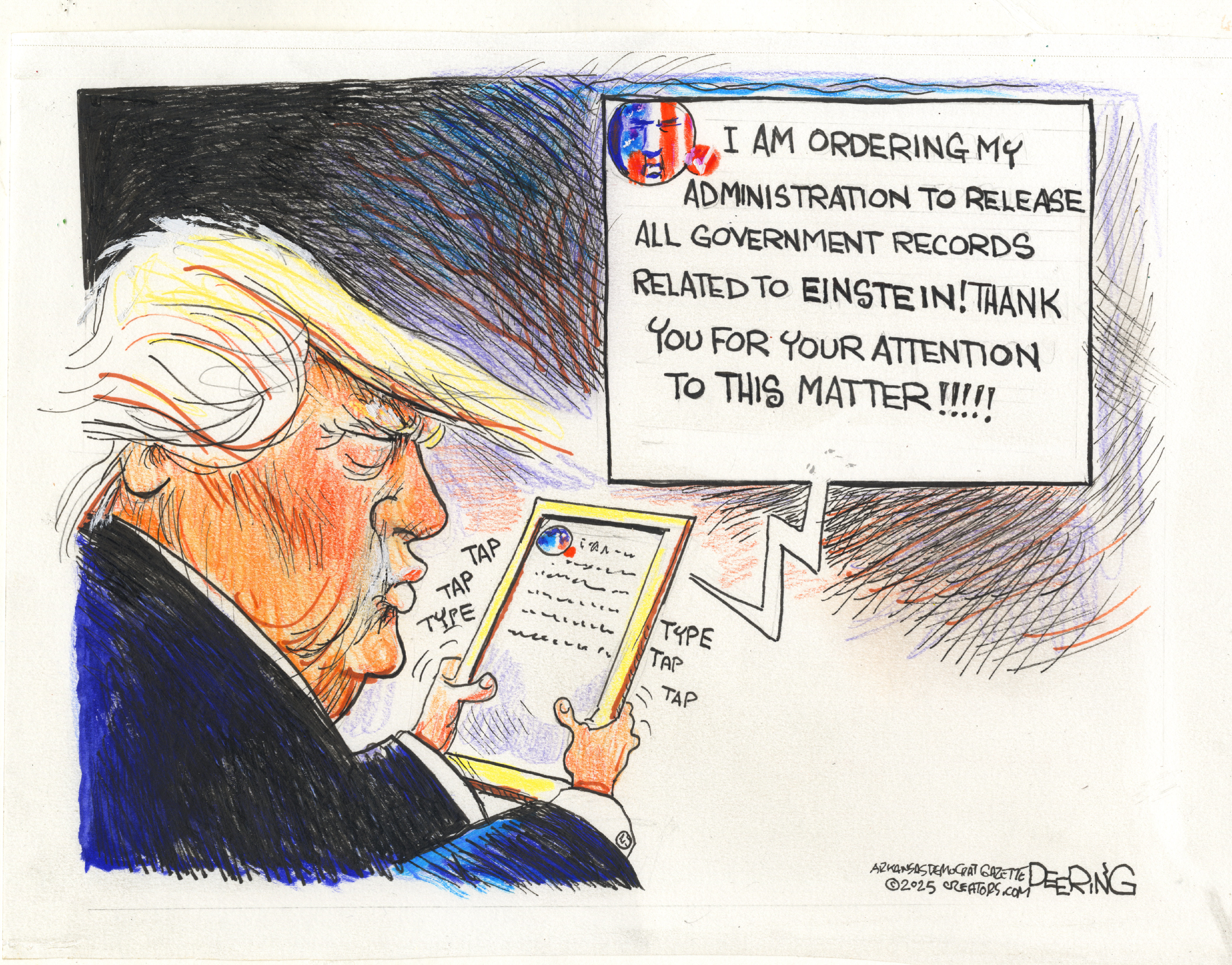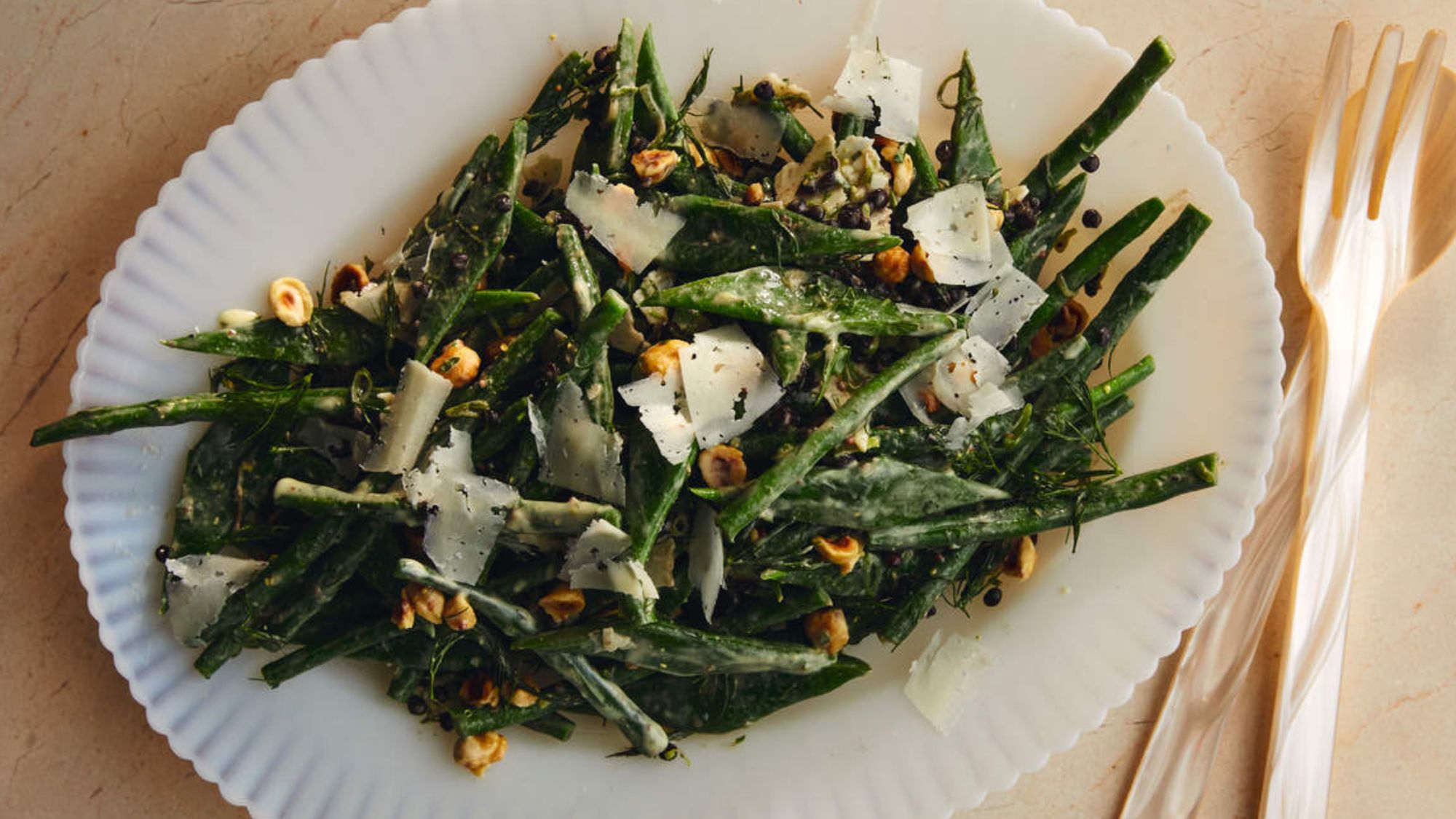How labels like 'black' and 'working class' shape your identity
Such categories often determine the social, political, and economic well-being of their members

LONG AGO, HUMANS began labeling and cataloguing each other. Eventually, lighter-skinned humans became "whites," darker-skinned humans became "blacks," and people with intermediate skin tones became "yellow-," "red-," and "brown-skinned." These labels don't reflect reality faithfully, and if you lined up 1,000 randomly selected people from across the earth, none of them would share exactly the same skin tone. Of course, the continuity of skin tone hasn't stopped humans from assigning each other to discrete categories like "black" and "white" — categories that have no basis in biology but nonetheless go on to determine the social, political, and economic well-being of their members.
These racial labels impose boundaries and categories on an infinitely complex social world, but once in place these boundaries are very difficult to dissolve. People are apt to resolve racial ambiguity by resorting to racial labels. In a Stanford University study, an experimenter showed white students a picture of a young man whose facial features made it difficult to determine whether he was white or black. For half the students, the man was labeled "white," and for the other half he was labeled "black." The students were asked to draw the image in front of them as accurately as they could. To sweeten the deal, the student who created the most accurate drawing was promised a $20 cash prize.
The ones who were told that the man was black tended to exaggerate his "typically black" features, whereas those who were told he was white did the reverse, exaggerating his "typically white" features. Although the students were looking at exactly the same photograph, they perceived the image through a lens that was tinted with the racial label that the researcher provided earlier in the experiment.
The Week
Escape your echo chamber. Get the facts behind the news, plus analysis from multiple perspectives.

Sign up for The Week's Free Newsletters
From our morning news briefing to a weekly Good News Newsletter, get the best of The Week delivered directly to your inbox.
From our morning news briefing to a weekly Good News Newsletter, get the best of The Week delivered directly to your inbox.
UNFORTUNATELY, WE'RE ALSO incapable of ignoring social labels when assessing a person's intelligence. A British psychologist has argued, for example, that the working class lacks the intelligence to be doctors. But it's actually very difficult to judge intelligence objectively. In one study, researchers showed that evaluators use labels as a tiebreaker when interpreting mixed evidence. Princeton University students were asked to decide whether a fourth-grader named Hannah was performing above, below, or precisely at the level expected. During the first phase of the experiment, the students watched one of two videos. In one, Hannah was shown playing in a landscaped park set in a wealthy neighborhood. A quick sweep of her school suggested that it was modern and sprawling, graced with athletic fields and an impressive playground. While the students watched the video, they read a brief biography of Hannah, which mentioned that her parents were both college graduates and, now, professionals. The other Princeton students were acquainted with a very different and less fortunate Hannah. They watched a video of Hannah playing in a fenced-in schoolyard with high-density brick buildings, set amidst a neighborhood of small and rundown homes. This time, the biography described Hannah's parents as high school educated, her father working as a meat packer and her mother as a seamstress.
At this point, the students watched a second video, in which Hannah answered 25 questions from an achievement test. The questions were designed to assess Hannah's mathematical, reading, science, and social science skills. Instead of presenting a clear image of Hannah's ability, the video was ambiguous: Hannah was sometimes engaged, answering difficult questions correctly, and sometimes she seemed distracted and struggled with relatively easy questions.
Hannah's ability was difficult to discern from the video, but some of the students began watching with the labels "wealthy" and "college educated" in mind, whereas the others began watching with the labels "working class" and "high school educated" in mind. These labels functioned as tiebreakers. The students who expected Hannah to succeed saw exactly that pattern of achievement in her responses (ignoring her missteps), whereas those who expected less from Hannah saw exactly what the negative labels implied (ignoring her intermittent mastery of the difficult questions). In the end, the lucky Hannah was judged to have performed above fourth-grade level, whereas her unlucky counterpart seemed to perform below fourth-grade level. The Hannah study showed that people are willing to view the world with the guidance of labels when faced with an otherwise unbreakable tie.
Social labels aren't born dangerous. There's nothing inherently problematic about labeling a person "right-handed" or "black" or "working class," but those labels are harmful to the extent that they become associated with meaningful character traits. At one end of the spectrum, the label "right-handed" is relatively free of meaning. We don't have strong stereotypes about right-handed people, and calling someone right-handed isn't tantamount to calling them unfriendly or unintelligent.
A free daily email with the biggest news stories of the day – and the best features from TheWeek.com
In contrast, the terms "black" and "working class" are laden with the baggage of associations, perhaps some of them positive, but many of them negative. When a person is labeled "black," we're primed to perceive the characteristics that we tend to associate with "blackness" more generally, which is why students drew racially ambiguous faces with typically black features when they were told the face belonged to a "black" person. Participants in the experiment at Princeton similarly associated Hannah's working-class background with diminished intellect, so they tended to emphasize her failings and overlook her strengths when they watched her complete an academic test.
DURING THE HEIGHT of the civil-rights struggle, one teacher showed just how willingly children adopt new labels. On April 4, 1968, Martin Luther King Jr. was murdered, and the next day thousands of American children went to school with a combination of misinformation and confusion. In Riceville, Iowa, Stephen Armstrong asked his teacher, Jane Elliott, why "they shot that king." Elliott explained that the "king" was a man named King who was fighting against the discrimination of "Negroes." The class of white students was confused, so Elliott offered to show them what it might be like to experience discrimination themselves.
Elliott began by claiming that the blue-eyed children were better than the brown-eyed children. The children resisted at first. The brown-eyed majority was forced to confront the possibility that they were inferior, and the blue-eyed minority faced a crisis when they realized that some of their closest friendships were now forbidden. Elliott explained that the brown-eyed children had too much melanin, a substance that darkens the eyes and makes people less intelligent. Melanin caused the "brownies," as Elliott labeled them, to be clumsy and lazy. Elliott asked the brownies to wear paper armbands — a deliberate reference to the yellow armbands that Jews were forced to wear during the Holocaust. Elliott reinforced the distinction by telling the brown-eyed children not to drink directly from the water fountain, as they might contaminate the blue-eyed children. Instead, the brownies were forced to drink from paper cups. Elliott also praised the blue-eyed children and offered them privileges, like a longer lunch break, while she criticized the brown-eyed children and forced them to end lunch early. By the end of the day, the blue-eyed children had become rude and unpleasant toward their classmates, while even the gregarious brown-eyed children were noticeably timid and subservient.
News of Elliott's demonstration traveled quickly, and she was interviewed by Johnny Carson. The interview lasted a few brief minutes, but its effects persist today. Elliott was pilloried by angry white viewers across the country. One angry white viewer scolded Elliott for exposing white children to the discrimination that black children face every day. Black children were accustomed to the experience, the viewer argued, but white children were fragile and might be scarred long after the demonstration ended. Elliott responded sharply by asking why we're so concerned about white children who experience this sort of treatment for a single day, while ignoring the pain of black children who experience the same treatment across their entire lives. Years later, Elliott's technique has been used in hundreds of classrooms and in workplace-discrimination training courses, where adults experience similar epiphanies. Elliott's approach shows how profoundly labels shape our treatment of other people and how even arbitrary damaging labels have the power to turn the brightest people into meek shadows of their potential selves.
FOUR YEARS BEFORE Jane Elliott's classroom demonstration, two psychologists began a remarkable experiment at a school in San Francisco. Robert Rosenthal and Lenore Jacobson set out to show that the recipe for academic achievement contains more than raw intellect and a dozen years of schooling. Rosenthal and Jacobson kept the details of the experiment hidden from the teachers, students, and parents; instead, they told the teachers that their testwas designed to identify which students would improve academically over the coming year — students they labeled "academic bloomers." In truth, the test was an IQ measure with separate versions for each school grade, and it had nothing to do with academic blooming. As with any IQ test, some of the students scored quite well, some scored poorly, and many performed at the level expected from students of their age group.
The next phase of the experiment was both brilliant and controversial. Rosenthal and Jacobson recorded the students' scores on the test, and then labeled a randomly chosen sample of the students as "academic bloomers." The bloomers performed no differently from the other students — both groups had the same average IQ score — but their teachers were told to expect the bloomers to experience a rapid period of intellectual development during the following year.
When the new school year arrived, each teacher watched as a new crop of children filled the classroom. The teachers knew very little about each student, except whether they had been described as bloomers three months earlier. As they were chosen arbitrarily, the bloomers should have fared no differently from the remaining students. The students completed another year of school and, just before the year ended, Rosenthal and Jacobson administered the IQ test again. The results were remarkable.
The first and second graders who were labeled bloomers outperformed their peers by 10–15 IQ points. Four of every five bloomers experienced at least a 10-point improvement, but only half the non-bloomers improved their score by 10 points or more. Rosenthal and Jacobson had intervened to elevate a randomly chosen group of students above their relatively unlucky peers. Their intervention was limited to labeling the chosen students "bloomers," and remaining silent on the academic prospects of the overlooked majority.
Observers were stunned by these results, wondering how a simple label could elevate a child's IQ score a year later. Just as Princeton students perceived Hannah to be smarter when she was wealthier, the teachers subconsciously emphasized the students' strengths and overlooked their weaknesses. When the teachers interacted with the "bloomers," they were primed to see academic progress. Each time a bloomer answered a question correctly, her answer seemed to be an early sign of academic achievement. Each time she answered a question incorrectly, her error was seen as an anomaly, swamped by the general sense that she was in the process of blooming.
During the year, then, the teachers praised these students for their successes, overlooked their failures, and devoted plenty of time and energy to the task of ensuring that they would grow to justify their promising academic labels. The label "bloomer" did not just resolve ambiguity, in other words — it changed the outcome for those students.
Reprinted by arrangement with The Penguin Press, a member of Penguin Group (USA) Inc., from Drunk Tank Pink by Adam Alter. ©2013 by Adam Alter.
-
 October 4 editorial cartoons
October 4 editorial cartoonsCartoons Saturday's political cartoons include the Einstein files, defunding the police, and an odd tribute to Jane Goodall
-
 Mustardy beans and hazelnuts recipe
Mustardy beans and hazelnuts recipeThe Week Recommends Nod to French classic offers zingy, fresh taste
-
 Under siege: Argentina’s president drops his chainsaw
Under siege: Argentina’s president drops his chainsawTalking Point The self-proclaimed ‘first anarcho-capitalist president in world history’ faces mounting troubles